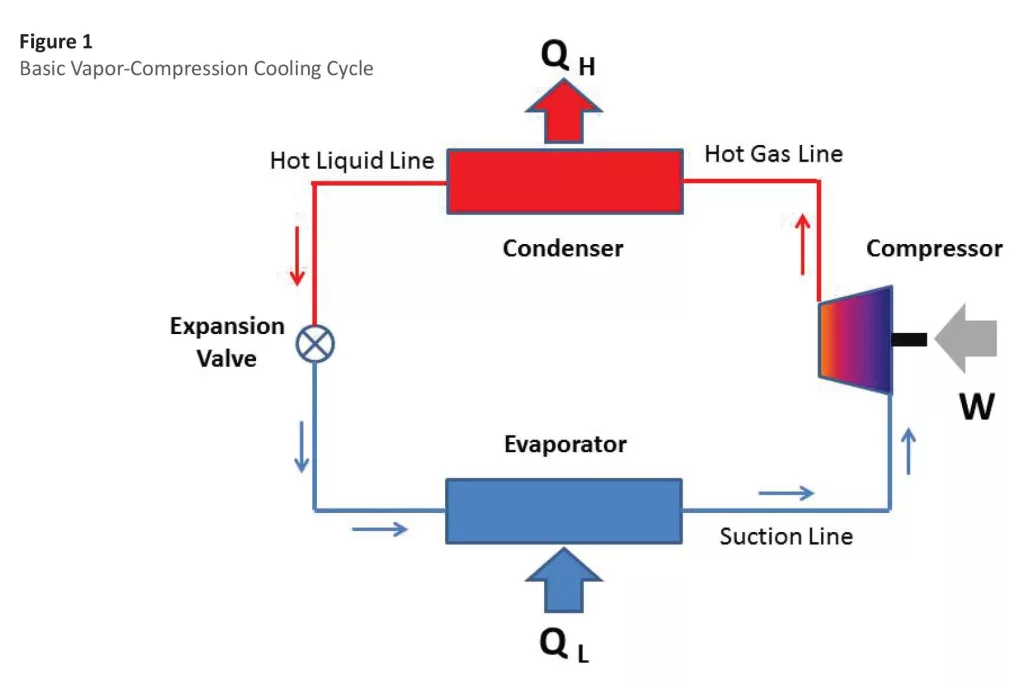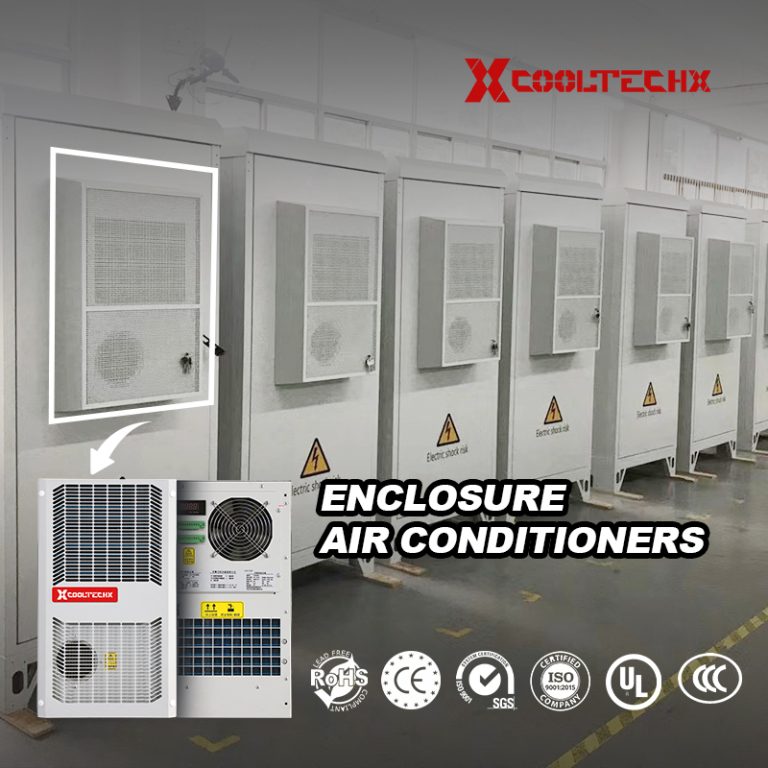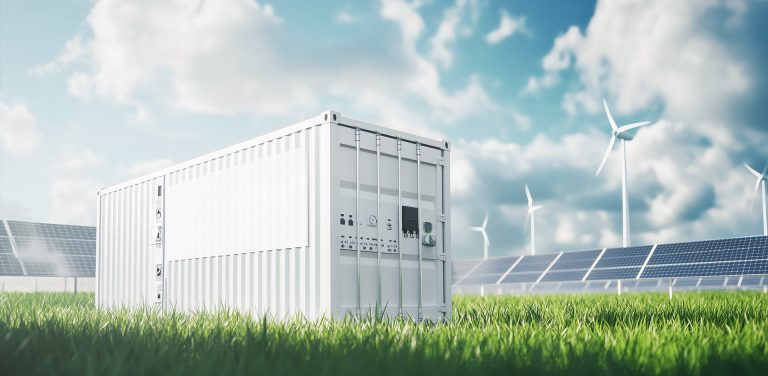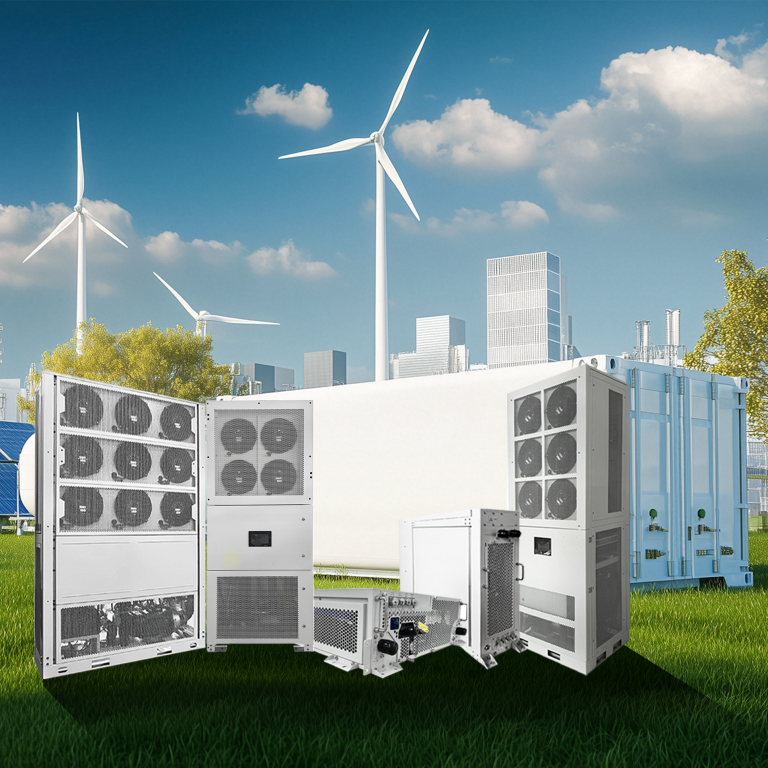Refrigeration systems play a crucial role in industrial air conditioning. Among the various components, the transformation under different pressures stands out as a complex and pivotal element. This article delves into the intricacies of how pressure is transformed within refrigeration systems and explores the profound impact of this process on system performance.

- Compression Stage:
The refrigeration system’s cycle begins with the compression stage, where the compressor is responsible for compressing low-pressure evaporative gas into high-pressure gas. This process significantly raises the temperature and pressure of the gas, laying the foundation for the subsequent heat exchange process.
- Condensation Stage:
The high-pressure, high-temperature gas enters the condenser, coming into contact with the lower temperature environment. This interaction causes the gas to release heat and gradually cool. During this process, the gas condenses into liquid, and the released heat transforms the gas from a high-temperature, high-pressure state into high-pressure liquid.
- Expansion Stage:
Next is the expansion stage, where high-pressure liquid enters the evaporator through the expansion valve. Under the valve’s influence, the high-pressure liquid rapidly undergoes depressurization, transforming into a mixture of low-pressure liquid and gas. This process reduces the temperature of the liquid, allowing it to absorb external heat upon entering the evaporator.
- Evaporation Stage:
In the evaporator, the mixture of low-pressure liquid and gas absorbs external heat, causing the liquid to evaporate into low-temperature, low-pressure evaporative gas. Once this process is complete, the cycle restarts.
Factors Affecting System Performance:
- Compression Ratio: The compression ratio of the compressor directly influences the system’s efficiency, with both excessively high and low ratios potentially leading to reduced efficiency.
- Expansion Valve Adjustment: Proper adjustment of the expansion valve is crucial for controlling the liquid’s expansion speed, playing a key role in maintaining flexible temperature control and affecting refrigeration efficiency.
- Condenser Heat Dissipation: The condenser’s heat dissipation directly relates to the cooling speed of high-pressure gas, influencing the overall performance of the refrigeration system.
- Evaporator Heat Exchange Efficiency: The heat exchange efficiency in the evaporator directly determines the system’s ability to absorb external heat, affecting the ultimate refrigeration effect.
Conclusion:
The transformation of pressure under different conditions in refrigeration systems is a precise and coordinated process that directly impacts refrigeration efficiency and effectiveness. Understanding and optimizing this process contributes to improving system performance, reducing energy consumption, and providing more efficient and reliable refrigeration solutions for various applications. In the ever-evolving field of refrigeration technology, a profound understanding of pressure transformation will propel refrigeration systems toward a more intelligent and efficient future.
Sales: Aria






